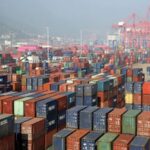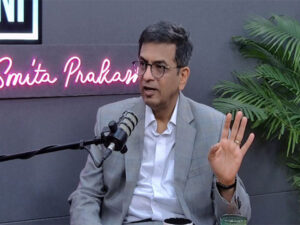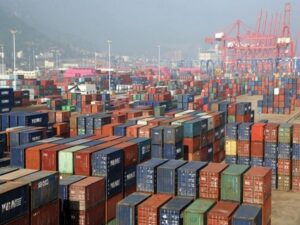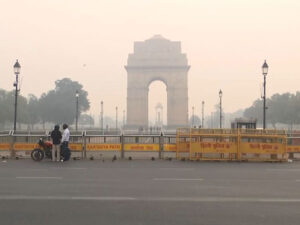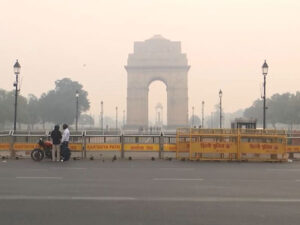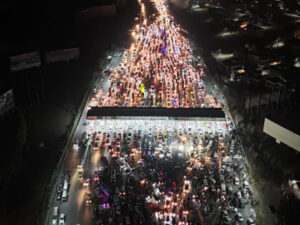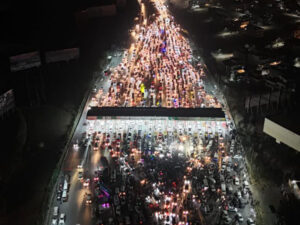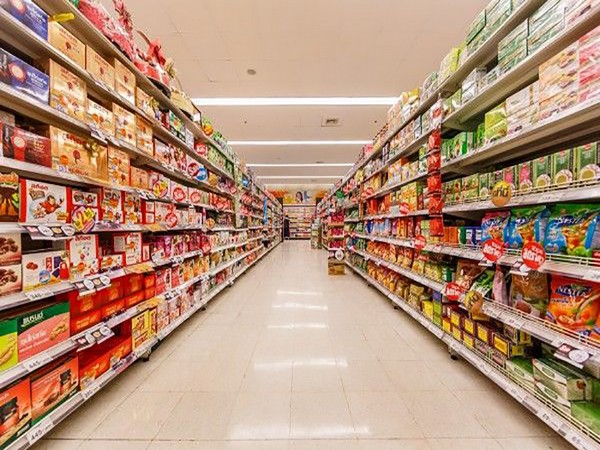
New Delhi [India], May 22 (ANI): Slackening economic momentum driven by the second wave of Covid-19 infections in India has emerged as a concern with bruised sentiment, high healthcare costs and fuel expenses likely to limit discretionary purchases in the immediate term, rating agency ICRA has said.
In addition, contact-intensive services can expect cutback in spending, said Chief Economist Aditi Nayar.
As expected, the shrunken base of nationwide lockdown in April 2020 boosted the pace of year-on-year expansion of several high-frequency indicators in April this year, resulting in a widespread improvement compared to the performance in March.
“However, the optimism generated by this trend is limited as 8 of the 13 non-financial indicators last month remained below their pre-Covid levels,” she said.
Moreover, indicators such as GST e-way bills, electricity generation, vehicle registrations and rail freight traffic displayed a slowing sequential momentum, reflecting the rise in Covid-19 cases and imposition of localised restrictions.
“Early data available for May confirms that this trend is continuing as the lockdowns have both been extended and spread to other states to curb the second wave of Covid-19,” said Nayar.
The sharply higher daily infections in second wave of Covid-19 will have a prolonged negative impact on consumer sentiment, she said.
“Substantial healthcare expenses along with high retail prices of fuels are likely to squeeze disposable incomes in urban as well as rural areas.”
Moreover, after the satiation of pent-up demand seen during festive season in 2020, demand for many varieties of consumer durables may be low.
“Overall, we expect discretionary spending on consumer durables and areas like home improvements may be limited in the near term in addition to the expected cutback in spending on contact-intensive services,” said Nayar.
The monthly indicators tracked by ICRA include the production of passenger vehicles, motorcycles, scooters, vehicle registrations, output of Coal India Ltd, electricity generation, non-oil merchandise exports, ports cargo traffic, rail freight traffic, generation of GST e-way bills, domestic airlines’ passenger traffic, consumption of petrol and diesel, aggregate deposits and non-food credit of scheduled commercial banks. (ANI)

